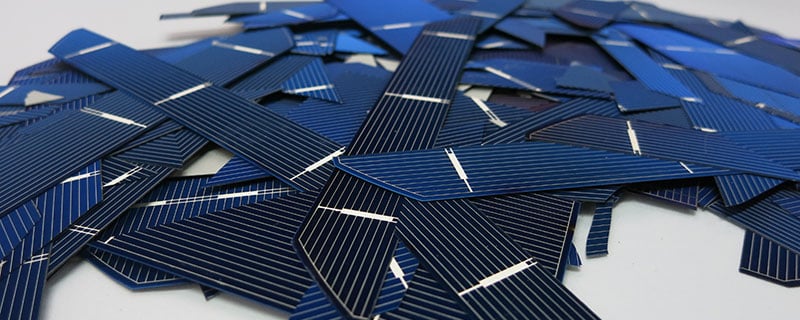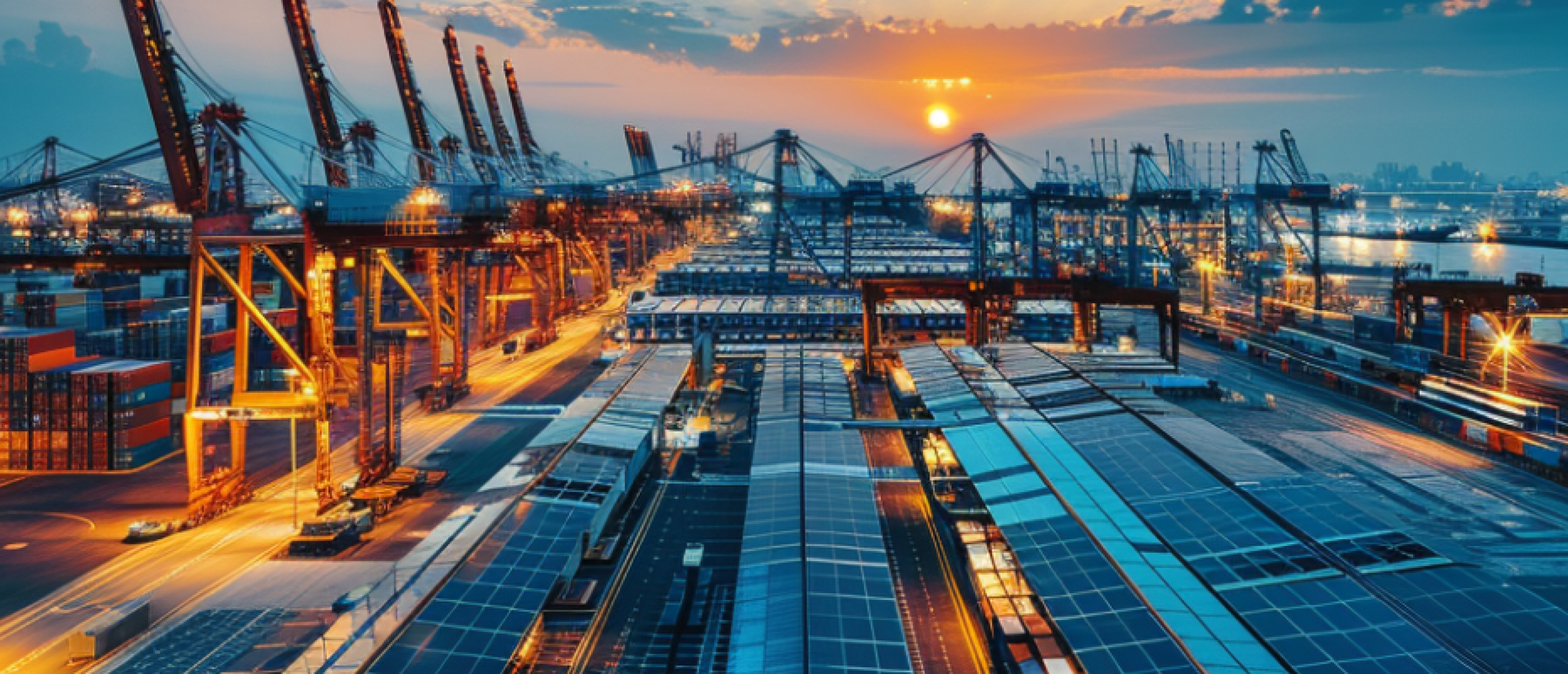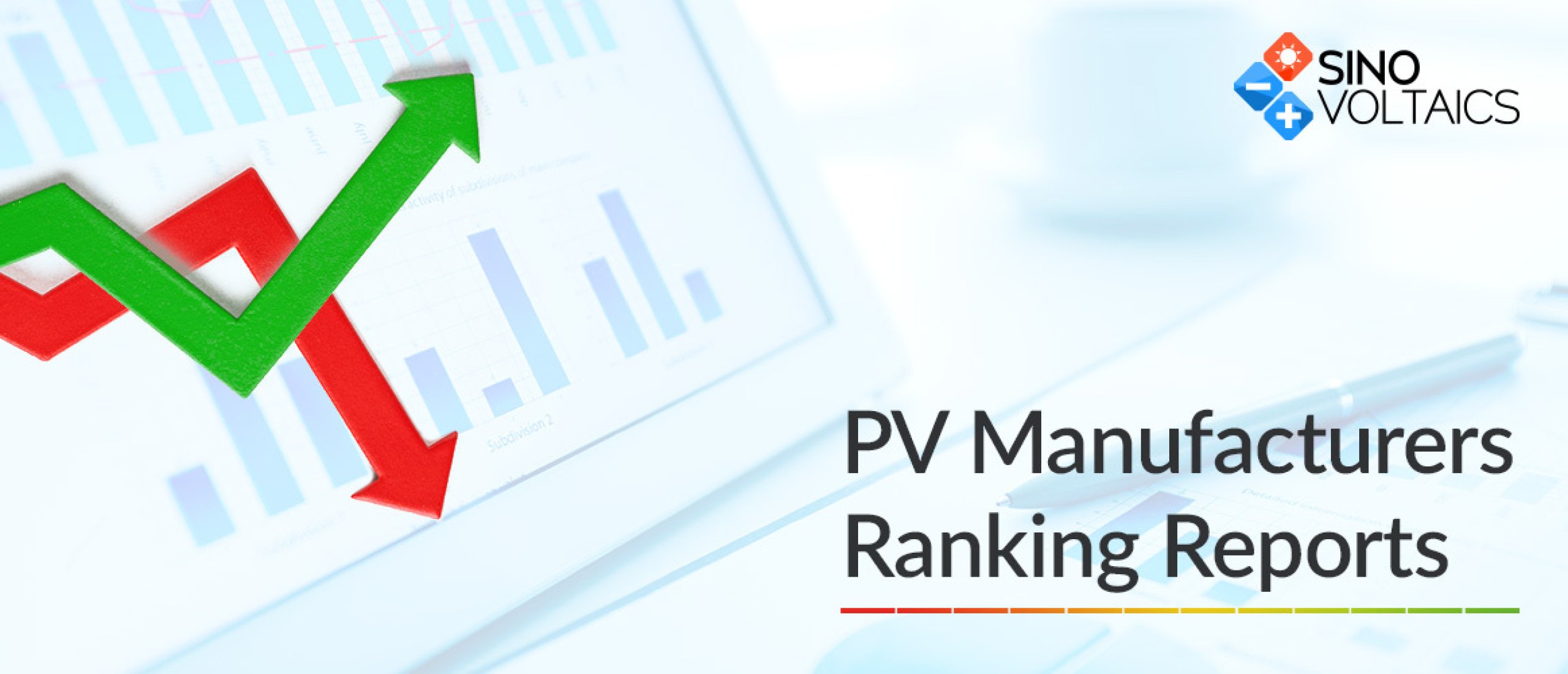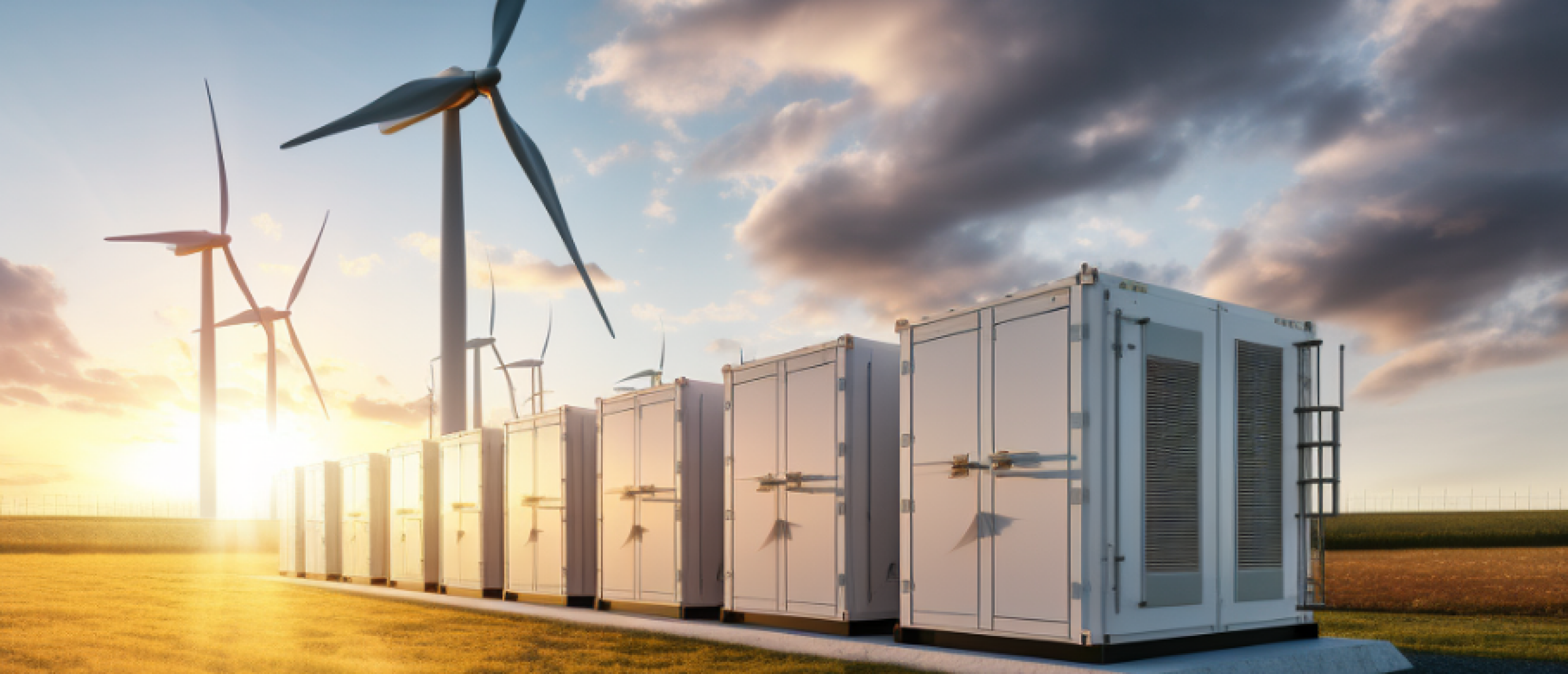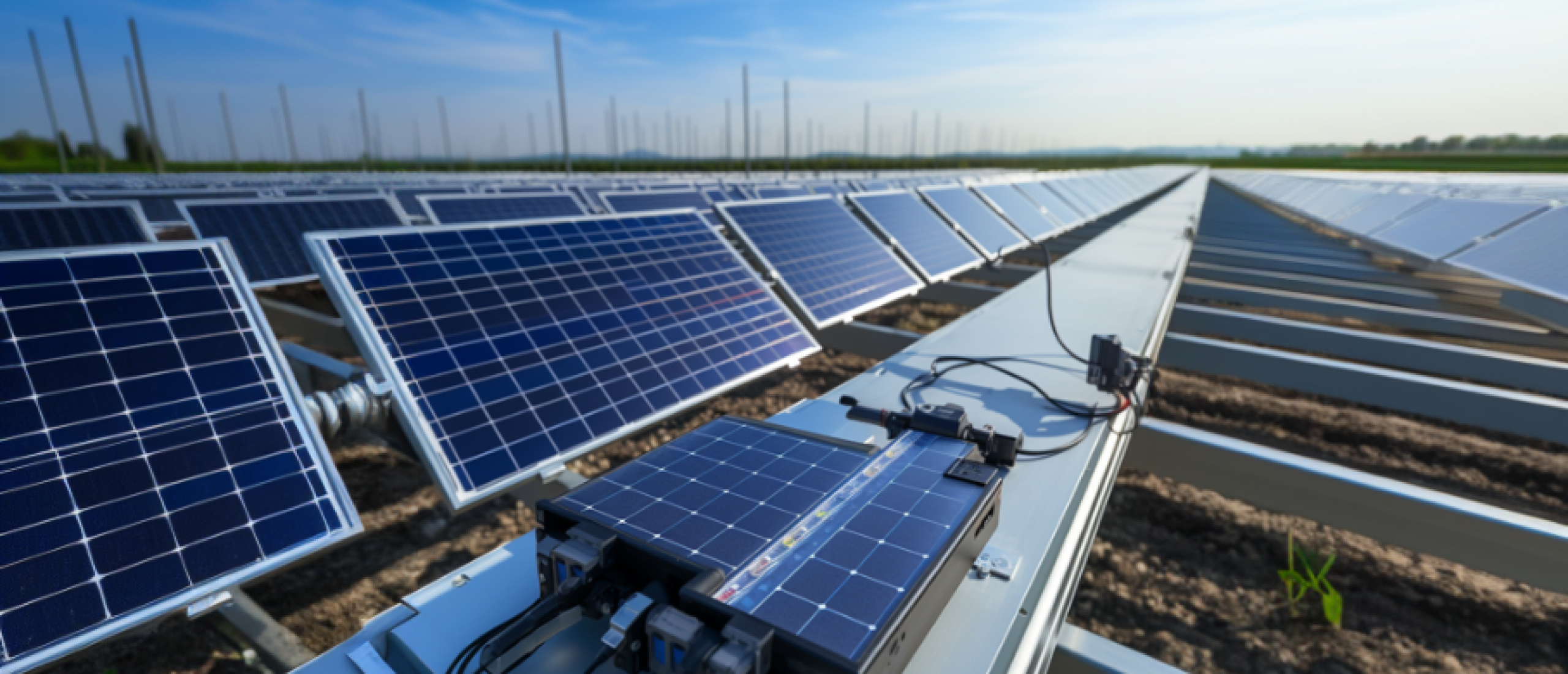With the growing maturity of the commercial solar PV industry, the issue of environment-friendly disposal of old and not-working solar panels and its electronic components is increasingly.. becoming an important issue and – as part of the emerging electronic waste (e-waste) industry an industry of its own.
With increasingly stringent regulations on (electronic) waste treatment as for example in the EU, manufacturers and users need more and more pay attention on how to and in what way cost-efficiently dispose of old solar panels.
In recent years, commercial and non-for-profit institutions have been set up to take on the recycling of old solar panels. In this introduction to PV module recycling we look at the recycling process as such and major institutions involved.
PV recycling – general overview and regulations
PV modules have a minimum average life expectancy of 25 years and are mostly backed by warranties and increasingly included in recycling schemes to safe cost of replacement and waste-disposal for end-users and allow at the same time re-process still usable materials. A major basis of this is that the majority of components and parts of solar (PV) modules are recyclable.
In the USA, there is yet no nation-wide established recycling scheme for solar panels. End-of-life treatment of solar PV products is governed by the Federal Resource Conservation and Recovery Act (RCRA) and various local state policies.
As a prerequisite to be governed by RCRA, solar panels must be defined and classified as hazardous waste, a condition to be met by failing the Toxicity Characteristics Leach Procedure test (TCLP test), however most panels usually pass TLCP and are therefore not subject to RCRA.
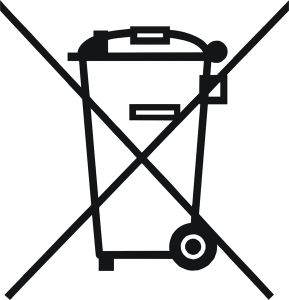
WEEE Directive logo
In the EU, the treatment and handling of solar panels – essentially being electronic products – is governed by the Waste Electrical and Electronic Equipment (WEEE) Directive.
WEEE refers to the European Community directive 2002/ 96/ EC on collection and recycling of waste electrical and electronic products. The directive became European Law in February 2003 and requires manufacturers to establish and organize infrastructure to collect their waste electronic equipment free of charge for private households and recycle or dispose it in an ecological manner.
WEEE has been converted into national law in all 28 EU member countries, which are responsible for formulating their respective arrangements in the framework of the directive. Therefore, the requirement details of waste collection, recycling and disposal vary in each member country.
Solar products have for years been exempted from the WEEE directive. Starting from the first quarter of 2014, when the amended WEEE Directive – which includes solar photovoltaic modules – is translated into national law in all EU member countries, solar panel producers are from then on obliged to collect and recycle waste panels in each member state – a procedure that will become very expensive for manufacturers since, in absence of a common and equal framework, the requirements vary in each EU member state.
Following the translation into national law, the definition of solar panel producer as outlined in the EU directive is also subject to the discretion of each member state, which may be either the manufacturer, importer, re-seller or installer.
Recycling process
For silicon PV modules, the recycling process consists of multiple steps. After removing the (mostly) aluminium frames and the junction boxes with cables, the rest of the module – including glass, backsheet and cells – are then crushed in a hammer mill into small pieces (
After this, the fractions are separated and sorted according to material type, which is done by processing them though a leach drum and a vibrating screen, at the latter the glass is separated from the EVA pieces.
The EVA pieces are collected in another conveyor while the glass falls through the screen to a chute where it is further handled to rinsing. Having been cleaned, the glass is deposited into recycling containers and rinse waters are pumped to a precipitation system for metal recovery.
The metal parts are precipitated in a three-stage process by increasing pH using sodium hydroxide. Once the solid compounds have settled and been process into a metal rich filter cake it is basically ready to be processed into semiconductor grade raw material.
Up to 90% of a module’s glass and 95% of the semiconductor material can be recovered during this process. Waste of the aluminium frames for example can be recycled and processed into usable raw material for furniture, cell phones or again solar panel frames. The silicon cells can be re-cycled as raw material for new solar cells
As for non-silicon PV modules, such as thin-film modules, these basically need to undergo chemical treatment in order to separate the various semiconductor materials, which in best case allows up to 95% recovery of the material parts.
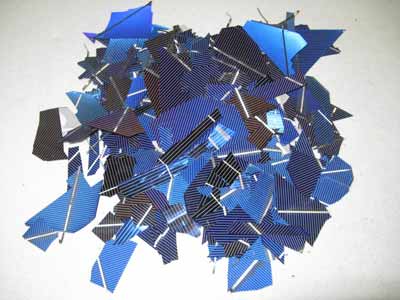
Broken solar cells for recycling
Major solar panel recycling bodies
PV Cycle
The internationally most known body for PV module recycling is PV Cycle. PV Cycle is a European Association for voluntary take back and recovering of photovoltaic modules with main offices in the Renewable Energy House in Brussels, Belgium.
The history of the association dates back to the release of the first publications on waste treatment, WEEE, life cycle issues and voluntary take back systems in 2003, along with the publication of the Ökopol Study on waste treatment of modules in the same year.
The Ökopol Study was the first of its kind to address the issue of waste management in the PV Industry. Following several workshops on this issue, the PV Cycle Initiative started in 2005, which aimed at creating a scheme to institutionalize recycling in the PV industry.
Two years later, PV Cycle Association (in short: PV Cycle) was founded on 5 July 2007, with the objective to implement recycling schemes and programs for the treatment of all kinds of end-of-life-cycle photovoltaic modules.
In this regard, PV Cycle aims at creating a voluntary, completely green and sustainable industry-wide take-back and recycling program within the value chain of the solar industry, by incorporating the issues of waste management, post-usage treatment as well as re-usage and thus saving scarce and capital- as well as energy-intense raw material.
Membership at PV Cycle – which is subject to fees – is highly prestigious for manufacturers to give their brands a green touch, which is particularly attractive within the markets of the European Union and increasingly also in East Asia.
However, the recycling scheme itself is to-date only applicable in the EU and EFTA countries. The association has by end of 2011 more than 220 member companies. The aforementioned membership fees are used to finance the recycling scheme as well as to keep PV Cycle and its staff operational. As compared to the schemes of other bodies, PV Cycle charges higher fees.
ReMedia
ReMedia is an Italian consortium that handles Waste Electrical and Electronic Equipment (WEEE) as well as end-of-life batteries and accumulators.
ReMedia directly represents the firms that support the legal duties related to WEEE, batteries, and accumulators and it gives form to the environmental commitment of over 1000 members – firms that produce consumer electronic equipment.
This includes small and large electrical domestic appliances. Besides solar panels also computer and telecommunications equipment, air-conditioning apparatus, toys, medical and monitoring and control devices, musical instruments, batteries and accumulators.
ReMedia has created a system that guarantees the recycling of photovoltaic plants at the end of its operating life by developing and coordinating its collection, transport, recovery, and recycling.
For all product categories indicated in the legislation on WEEE (legislative decree 151/2005) – both household WEEE (B2C) and non-household WEEE (B2B) – and in the legislation on batteries (legislative decree 188/2008), ReMedia guarantees transport and treatment services in accordance with a top-level operating model (VRS) based the Consortium’s integrated quality and environment system (ISO 9001 and ISO 14001).
Producers and importers that are members of the ReMedia recycling system fulfill the obligations imposed on them by paragraph 6, article 11 of the Ministerial Decree (Italy) of 5 May 2011 and any subsequent obligations as might be introduced by European Directives and by the respective national legislation, in that ReMedia is committed to complying with those obligations.
Sources:
– http://www.renewableenergyfocus.com/view/3005/end-of-life-pv-then-what-recycling-solar-pv-panels/
– http://www.kcet.org/news/rewire/solar/photovoltaic-pv/state-rejects-loosening-toxic-waste-regs-on-old-solar-panels.html
– https://sinovoltaics.com/pvbasics/solar-panel-recycling/

